
Who Defines a Jew Secular Authority vs. Torah Authority
B"H
"Who Defines a Jew, Secular Authority vs. Torah Authority?!?!?!?"
Secular Israelis, the Church,
and
Messianic Jews Living by Torah AND! Rabbinic Law
In recent months I have come across a troubling pattern on TikTok:
secular Jewish Israelis boldly declaring that Messianic Jews are “not really Jewish,” dismissing them as Christians even when they live in full observance of Torah and halacha.
Such a claim is not only ironic but deeply flawed. A secular Israeli who neither keeps Shabbat nor kashrut, who may have never studied a page of Gemara, sets himself up as the judge of who belongs to Klal Yisrael. Yet according to halacha, Jewish identity is not defined by secular politics or cultural nationalism — it is defined by Torah and covenant.
This writing is therefore a rebuttal to that claim. It will demonstrate, with the authority of halacha, that Torah-observant Messianic Jews have every right to be included in Klal Yisrael. To deny them that right on the word of someone who stands outside of Torah practice is not only baseless, it is itself a distortion of Jewish identity.
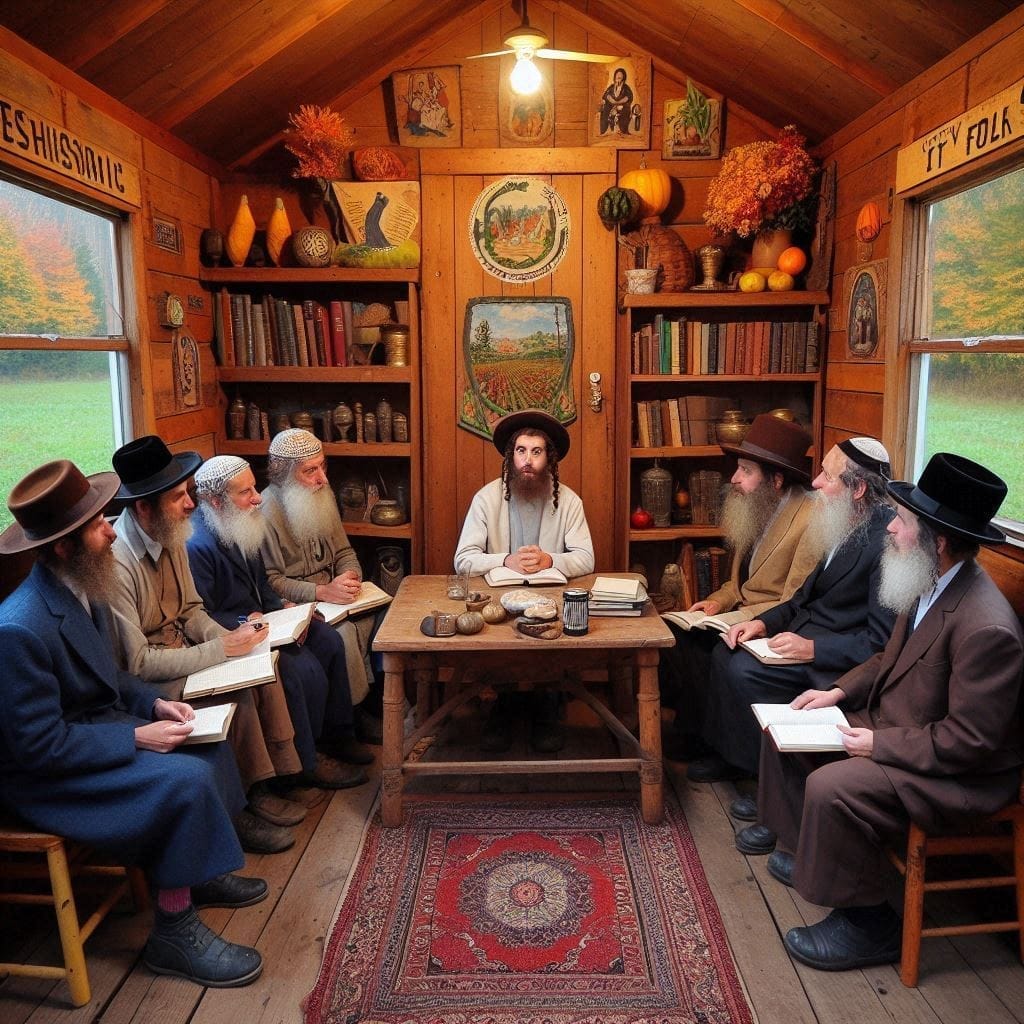
Part I. Introduction: The Crisis of Definition
In our generation, we are confronted with a paradox. Secular Israelis, many of whom do not keep Shabbat, do not eat kosher, and do not observe the mitzvot that define Israel’s covenantal identity, stand as self-appointed gatekeepers of Jewishness. With confidence, they declare: “Messianic Jews are not Jews — they are Christians.” Yet these same critics may never have opened a page of Gemara, never kept a single halachic practice, and in some cases may not even have a halachically Jewish mother.
Meanwhile, Messianic Jews — those who embrace Torah, halacha, and rabbinic law — are dismissed as outsiders. Why? Because of their faith in Yeshua as Messiah. The irony is striking: those who have abandoned Torah claim the authority to exclude those who live by Torah.
The purpose of this lecture is to clarify, with halachic precision, the true status of both the secular Israeli and the Messianic Jew. We will examine the Talmud, Rambam, Shulchan Aruch, and the historical context of minim (heretics) to show that the Torah-observant Messianic Jew cannot be excluded from Israel’s covenant, while the secular critic often stands on shakier ground.
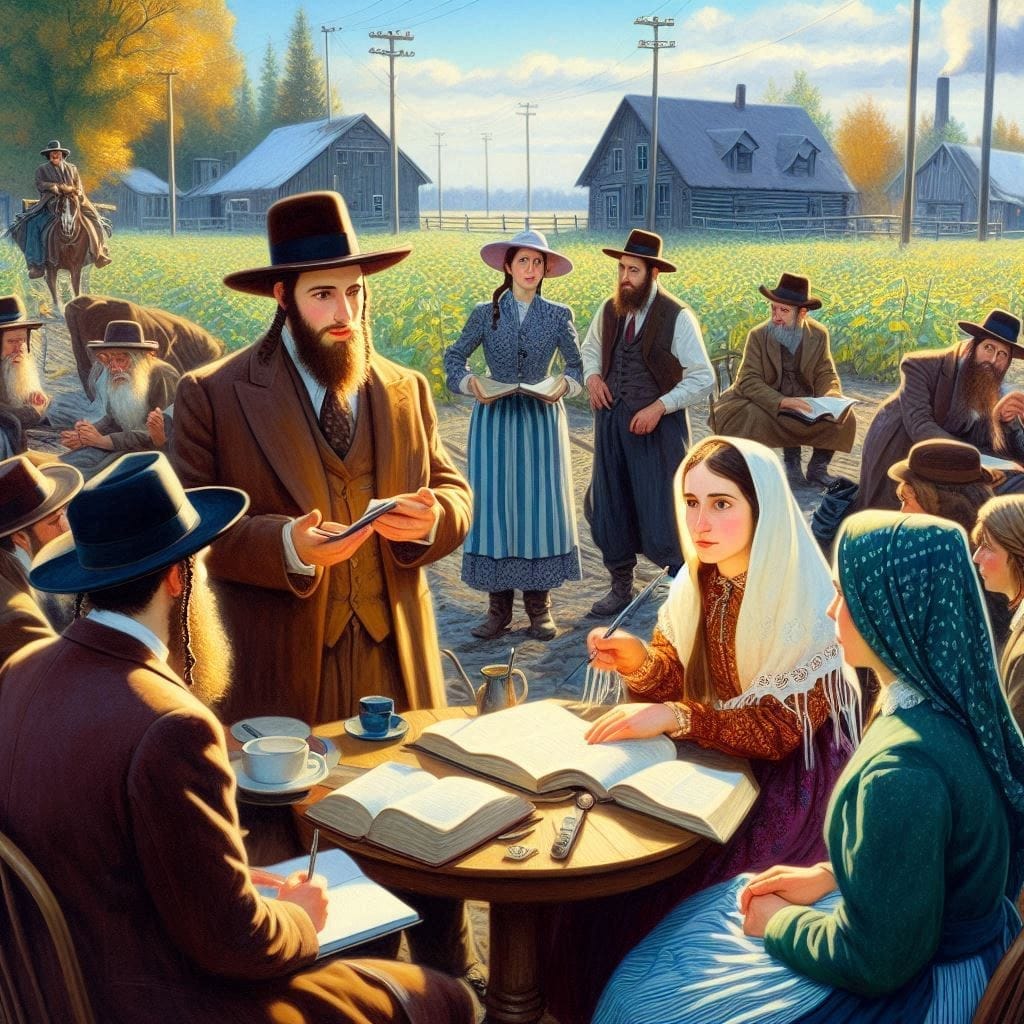
Part II. Halachic Foundations of Jewish Identity
1. Maternal Descent: Who Is a Jew?
The Talmud (Kiddushin 68b) establishes that Jewish identity follows the mother. A Jewish mother makes the child Jewish; a non-Jewish mother, regardless of the father’s ancestry, makes the child non-Jewish.
The Shulchan Aruch (Even HaEzer) codifies this unequivocally:
"The status of the child follows the mother. If she is Jewish, the child is Jewish; if she is not Jewish, the child is not Jewish."
This principle undermines a popular modern assumption: that “Jewish blood” from the father suffices. It does not. Many secular Israelis who claim Jewish ancestry only paternally are not halachically Jewish at all. They may have Jewish descent, but not covenantal identity.
2. Conversion: Full Inclusion in Israel
The doorway for those without maternal lineage is giyur (conversion). Rambam, in Hilchot Issurei Bi’ah 13:4, rules:
"Once he has immersed and emerged, behold he is like a Jew in every matter."
The convert is not “half Jewish” or “second-class.” He is as fully Jewish as Moshe Rabbenu. The Torah commands 36 times to love the ger, more than any other mitzvah.
This fact destroys another myth: that Messianic Jews can “never” be Jewish. If one is not halachically Jewish, conversion resolves the matter completely. From that moment, halacha declares him Israel.
3. The Jew Who Sins Remains a Jew
The Gemara (Sanhedrin 44a) declares:
“Yisrael af al pi she-chata, Yisrael hu” — “A Jew, even though he sins, remains a Jew.”
Rambam (Issurei Bi’ah 13:17) rules:
“A Jew who apostatizes, even if he serves idols, is still considered a Jew. His kiddushin (marriage) is valid, and he is obligated in all mitzvot.”
The Shulchan Aruch (Even HaEzer 44:9) codifies the same. Apostasy does not erase lineage.
Thus, a secular Israeli who eats treif, desecrates Shabbat, and rejects Torah is still Jewish if his mother is Jewish — but he is a Jew in sin, cut off from covenantal life. By contrast, a Messianic Jew who keeps Torah and halacha stands closer to Sinai’s covenant in practice, even if controversial for his faith in Yeshua.
4. Initial Conclusion
From these foundations we learn:
A secular Israeli without a Jewish mother is not halachically Jewish at all.
A Jew who sins remains a Jew, though outside the covenant’s practice.
A Messianic Jew who observes Torah is within the covenant; if not halachically Jewish, he can convert and stand as fully Israel.

Part III. Who Are the Minim?
The label minim has been weaponized in modern polemics, yet its true definition must be understood.
1. Talmudic Usage of Minim
The Gemara in Berakhot 29a–b mentions a special blessing against the minim. Rashi, Tosafot, and others explain that these were sectarians who opposed rabbinic law. In several places (Berakhot 22, Avodah Zarah 17), the minim are identified with Sadducees and early sects who denied the Oral Torah.
Thus, the essential feature of minim in the Talmud is rejection of Torah she-be’al peh (the Oral Torah).
2. Rambam on Christianity as Minut
Rambam (Hilchot Avodah Zarah) alludes that Christianity, with its doctrine of the Trinity, is avodah zarah (idolatry). For this reason, Christians were classified as minim. Their belief in multiple aspects of divinity placed them outside monotheism.
3. Messianic Jews and the Category of Minim
But Messianic Jews differ fundamentally from Christianity:
Christians: Reject halacha, replace Shabbat with Sunday, eat non-kosher, and embrace the Trinity.
Messianic Jews: Embrace Torah, halacha, mitzvot, and rabbinic law. Many explicitly reject the Trinity.
Messianic Jews whom reject Rabbinic Law: Are consider Minim
By Talmudic definition, Messianic Jews are not minim. They do not deny the Oral Torah; they live by it. By Rambam’s definition, those who deny the Trinity cannot be classed with Christians.
Therefore, a Torah-observant Messianic Jew cannot be excluded from Israel as a min.
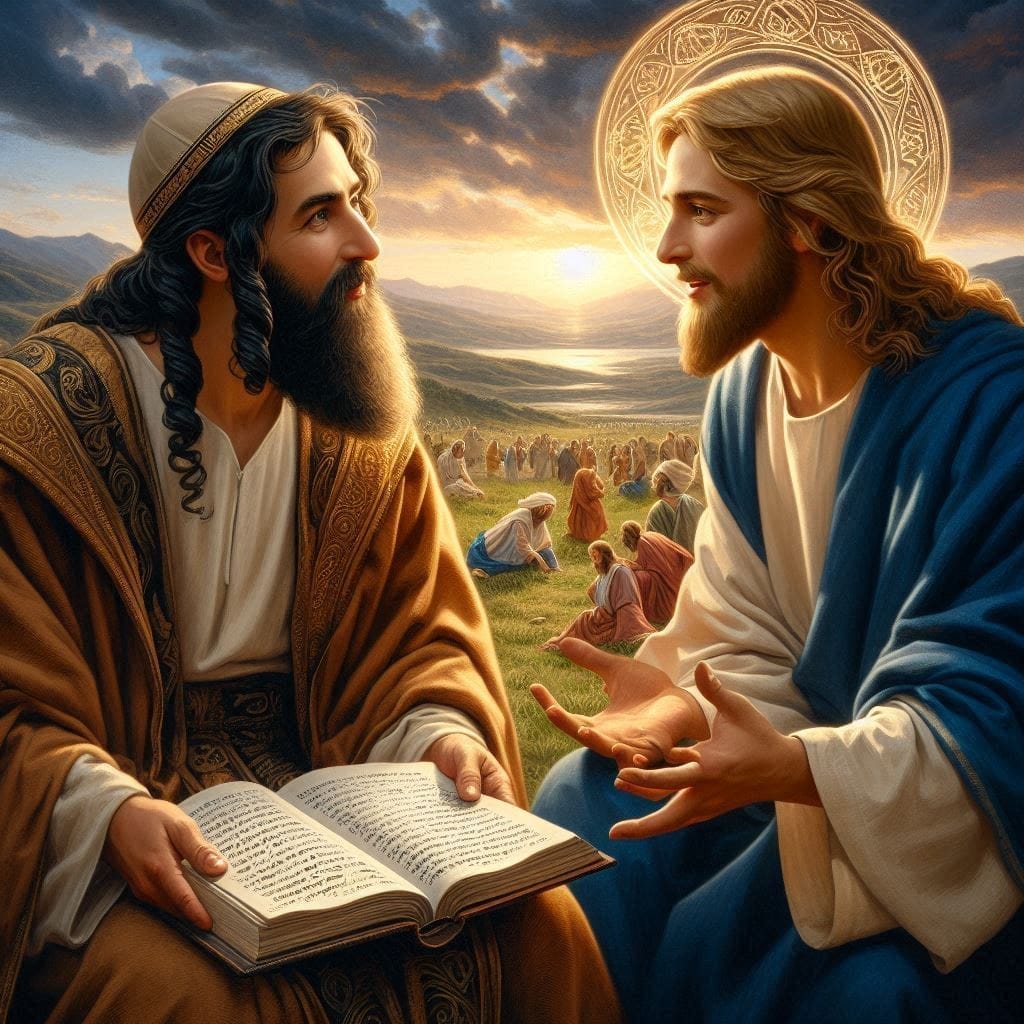
Part IV. Christianity vs. Messianic Judaism
1. Christianity: A Break with Torah
From its early centuries, Christianity defined itself by rejection of halacha. Paul explicitly taught that circumcision, kashrut, and Shabbat were unnecessary. By the 4th century, the Church canonized Sunday worship and outlawed Jewish practice.
This placed Christianity in open opposition to Sinai’s covenant, fitting Rambam’s category of minut.
As we stated above: Messianic Jews whom reject Rabbinic Law are consider Minim
2. Messianic Judaism: Torah Fidelity
Messianic Jews, by contrast, affirm halacha. They keep kosher, observe Shabbat, study Gemara, and bind themselves to rabbinic law. While their faith in Yeshua sets them apart in theology, their practice binds them within the covenant of Sinai.
Halachically, this places them far closer to Israel’s essence than secular Jews who live outside Torah altogether.
3. Conversion as Final Proof
If a Messianic Jew lacks maternal lineage, conversion resolves all doubt. Rambam and the Shulchan Aruch rule that the convert is fully Israel. At that moment, no secular critic could deny their belonging.

Part V. Secular Jews as Covenant Critics
1. Identity by Ethnicity vs. Covenant
Secular Jews often root identity in nationalism or culture. But Torah defines Jewishness by covenant. Rambam (Hilchot Teshuvah) states that one who separates himself from the mitzvot, even if he remains Jewish by lineage, cuts himself off spiritually from the people.
2. The Irony
Thus we arrive at irony:
A secular Jew who mocks Torah is accepted as “authentic.”
A Messianic Jew who keeps Torah is declared “not Jewish.”
This judgment reveals itself as political, not halachic.

Part VI. Conversion and Belonging
1. The Ger is Israel
The Talmud (Yevamot 47a) teaches that once a convert immerses and accepts mitzvot, he is as if he stood at Sinai. No distinction remains.
2. Conversion
Therefore, a Messianic Jew who converts is undeniably Jewish. The secular Israeli cannot erase this by rhetoric.
3. Secular Ancestry Without Halacha
Meanwhile, one with only paternal Jewish descent is not Jewish, regardless of culture or nationality. They may be Israeli, but they are not Israel.
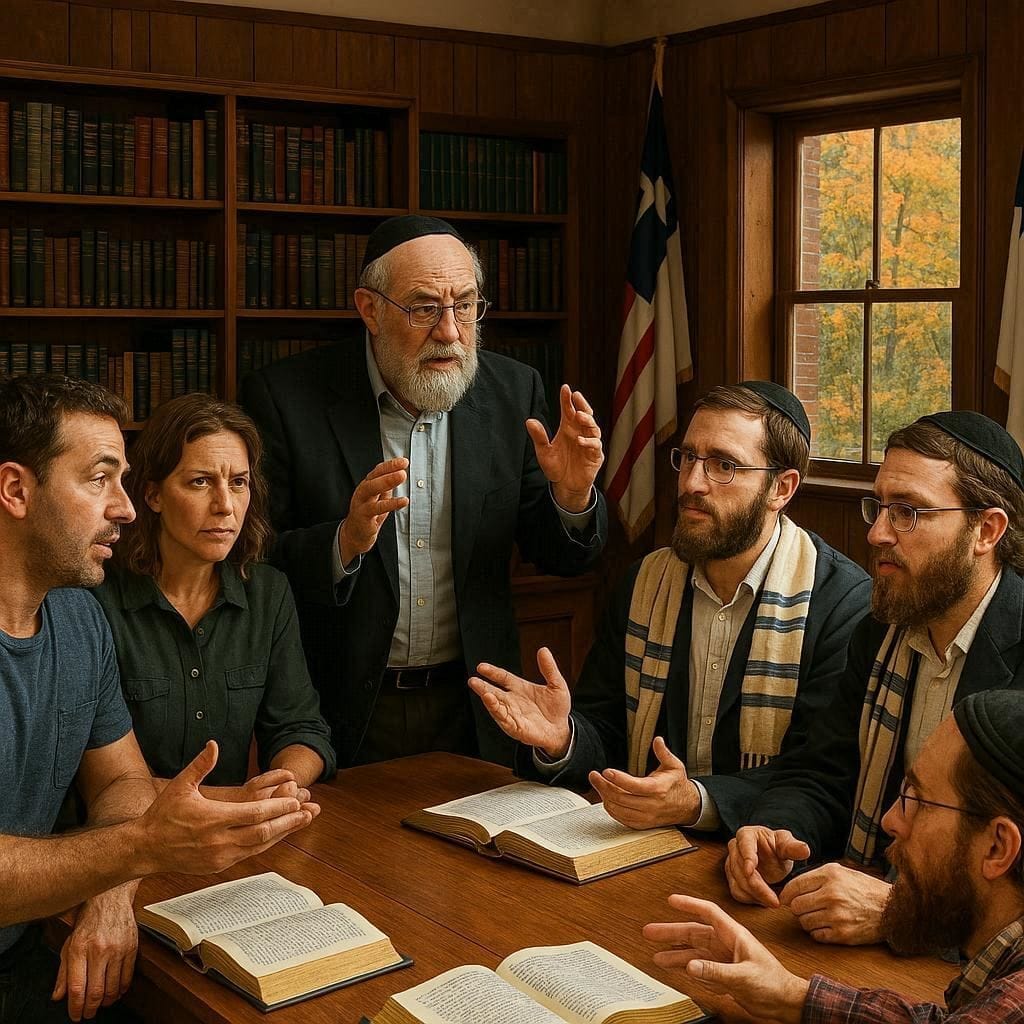
Part VII. Conclusion: Who Has More Right?
We return to the opening question: who has more right — the secular Israeli or the Torah-observant Messianic Jew?
Secular Israelis: Jewish if born of a Jewish mother, but often estranged from the covenant by rejecting Torah. Some are not Jewish at all if maternal lineage is absent.
Christians and Messianic that don't observe Rabbinic Law: Broke with Torah, embraced Trinity, and fit Halacha's definition of minim.
Messianic Jews: Embrace Torah and halacha, reject Trinity, and cannot be called minim. If halachically Jewish, they remain so; if not, conversion places them fully in Israel.
Therefore:
The Torah-observant Messianic Jew stands closer to Israel’s covenant than the secular critic. In halachic terms, he is not outside Israel but within it, living the covenant of Sinai. The secular Israeli, whether halachically Jewish or not, has no halachic authority to declare otherwise.
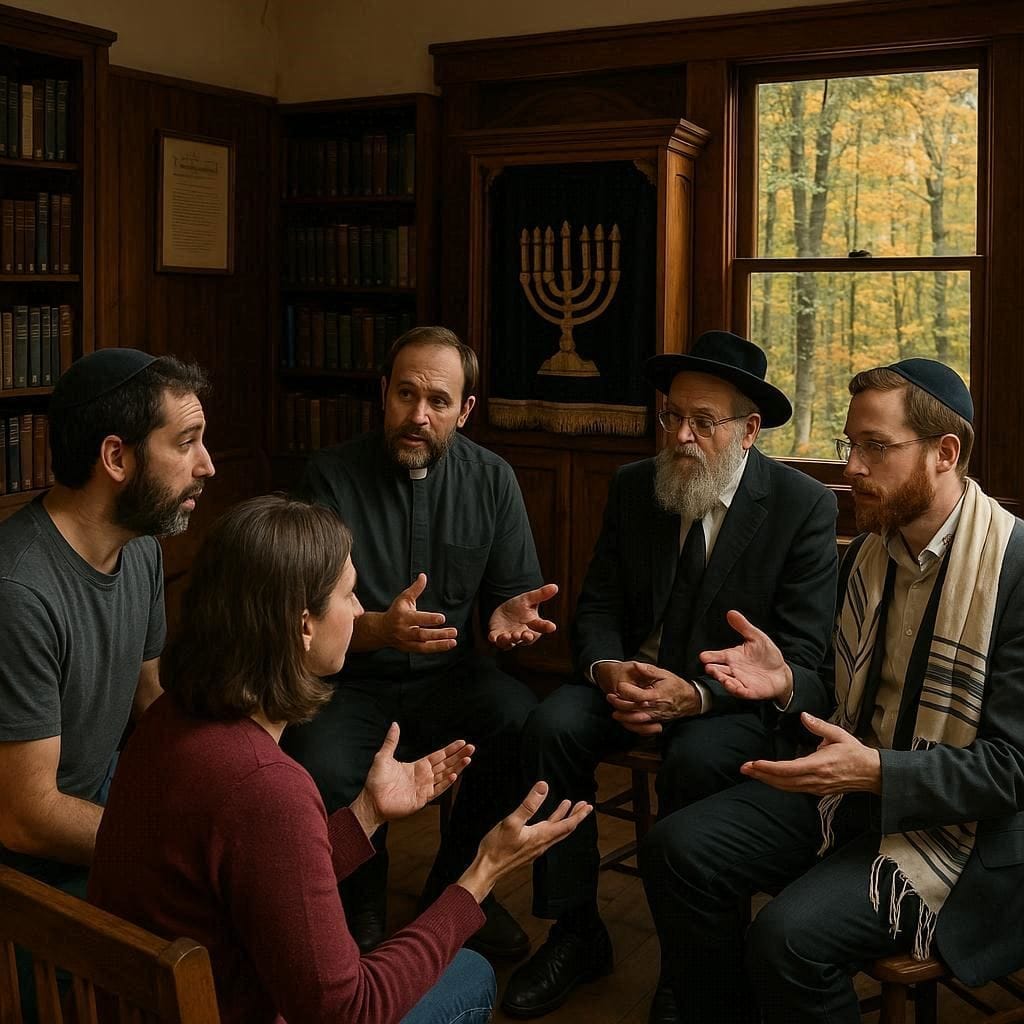
Final Word
Jewish identity is not a toy of politics. It is defined by Torah, codified in halacha, and sustained by covenant. Rambam, Shulchan Aruch, and the Talmud leave no ambiguity: Jewishness is by the mother, through conversion, and through covenantal practice.
Those who live by Torah — whether native-born or converted — are Israel. Those who abandon Torah may remain Jews in name, but they abandon the covenant in deed.
The answer, then, is clear: the Torah-observant Messianic Jew that follow Rabbinic Law, stands closer to the heart of Israel, and has more right to Torah and Judaism; than the secular Jewish Israeli.
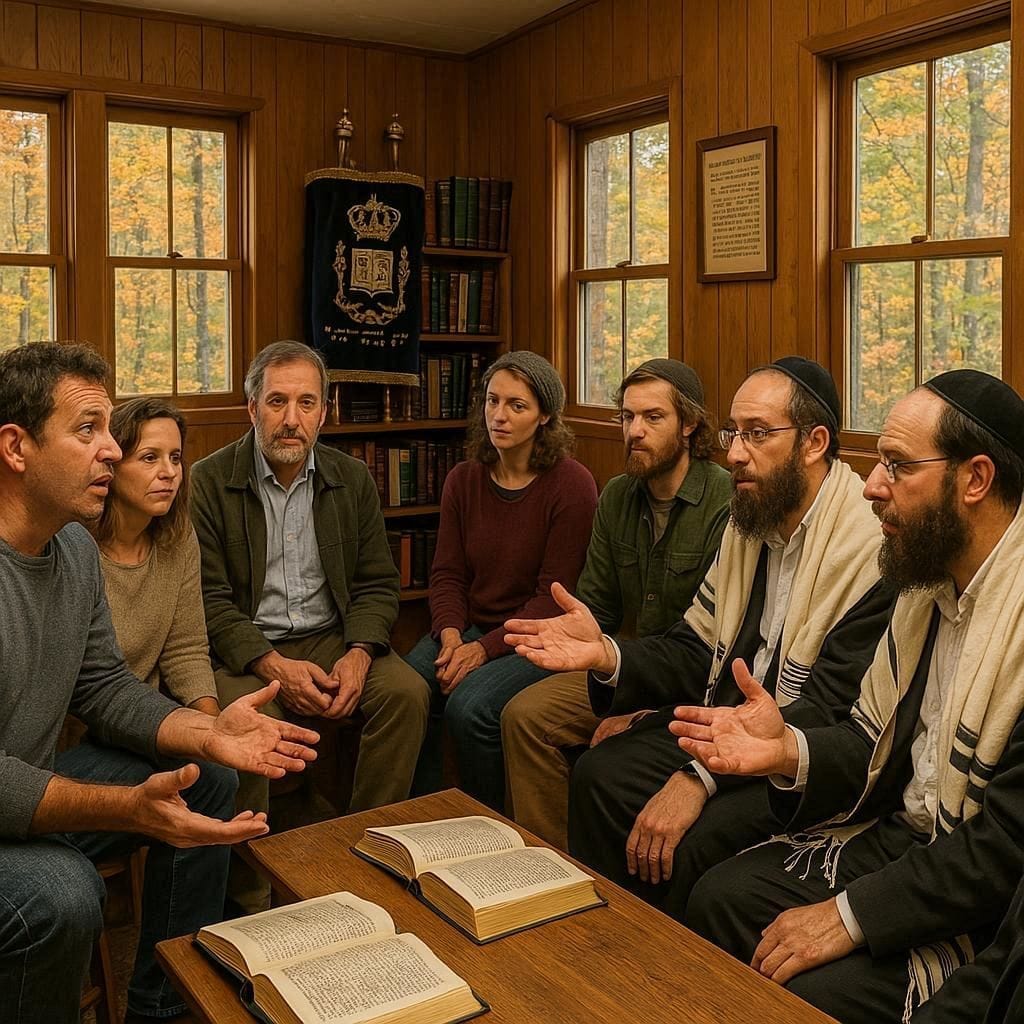
Subscribe now.
Sign up for our newsletter to get the most interesting stories of the day straight to your inbox before everyone else
Created with © systeme.io • Privacy policy • Terms of service


